Gorbachev- Did he bring down the Soviet Union?
Dr. Jayan Philip is a Contributing Writer at The ArmChair Journal. His career as an educator spans over three decades, encompassing roles both in India and abroad. His passion for knowledge dissemination extends beyond traditional teaching to include extensive experience as a quiz master. His two forthcoming books are The Indomitable Gandhi, The Indefatigable Gandhi and Quintessentially Quizzical. He believes that through an understanding of history, individuals can gain valuable insights into both the triumphs and tribulations of the past, thereby enhancing their ability to make informed decisions and cultivate critical thinking skills in the present day.
The Novodevichy cemetery in Moscow has a new entrant, Mikail Sergeyevich Gorbachev, the last President of the USSR(Union of Soviet Socialist Republics) who passed away at 91. The Nobel prize laureate changed perceptions and misconceptions of communist leadership and went against the tide of popular frenzy and party dictates but acted on his convictions truly, He brought about a change in the relations with the US and thereby assuming the role of a peacemaker of trying to make the world nuclear-free, engaging in true statesmanship beyond the existing frontiers of Soviet diplomacy and international relations.
The two landmark initiatives of Glasnost (openness) and Perestroika (restructuring) opened the doors to a more humane approach to accepting challenges and embracing the ethnic diversities of the USSR, along with the enshrined qualities of universal acceptance of liberty and equality. He refined and redefined the limitations of state control over individual freedoms since he read the writing on the wall which was inevitable. Gorbachev was distinctly different from his predecessors in the communist hierarchy since Lenin and hence carved a niche for himself in terms of democratic credentials in an authoritarian state-controlled regime. The Gorbachev era was devoid of the ruthlessness of Stalin or Lenin or the stubbornness of Brezhnev and Khruschev and was more focused on bringing in reforms which were the need of the hour in a strongly centralised system of governance which was run by the politburo of the Communist Party.
The direct verbal assault on Gorbachev’s reforms but holding it responsible for the downfall or dissolution of the Soviet Union is rather unfair and unwarranted. A huge landmass which has been controlled by one political party for decades without any constitutional or guaranteed freedoms of its citizens is bound to bear the ripple effects of mass suppression of liberties. Which empire has survived without blood and conquests in history? It goes through a cycle of twists and turns, ups and downs and would naturally witness a rise, decline and fall. The Soviet Union/USSR was an astonishingly huge continent itself with republics that broke away and emerged as independent nations, altering the geo-political landscape after 1990. The herculean blunder of invading and controlling Afghanistan by the Soviet forces by Gorbachev’s predecessors had ramifications in store and galore, primarily reinforcing the Cold War rivalry with the United States.
This incongruous political decision had unexpected outcomes affecting the lives of millions of Afghans. September 11 attacks in New York and Washington shook the world and were the first on American soil since the Pearl harbour attack of December 1941. The developments after the Soviet departure led to more political instability and have cost the world in terms of security and an alarming increase in religious fundamentalism. Gorbachev ended the Soviet occupation of Afghanistan but a tangible and amicable solution to the conflict remains evasive and probably a distant dream despite the American military and diplomatic presence in the country for 20 years. The Russian invasion of Afghanistan can never be justified nor the American intervention by backing the Taliban at that point in time to counter the Soviets. Both illogical decisions and actions had repercussions that have left millions in a state of deprivation and unmitigated desperation.
The subsequent democratic resurgence on the wings of Russian patriotism and nationalism after the dissolution of the Warsaw pact and German unification along with the dominant opposing factions of the hardliners within the Communist party had made the going tough for Gorbachev and simultaneously saw the rise of Boris Yeltsin who brought in Vladimir Putin. He described the USSR dissolution as ‘the greatest geo-political catastrophe of the century.’
Historically, the 20th century has been the most eventful in Modern History with the two world wars and the ideological divides or extremes of Capitalism and Communism which changed and shaped the geo-political landscape and international relations for decades. Indeed, communist governments did not bring about the social equality which they professed but Capitalism has also resulted in widening the gap between haves and have-nots. Apart from this, the numerous freedom struggles and anti-colonial resistance movements in Afro- Asian societies did change the contours of international diplomacy and offered various new constructs in world politics with changing dimensions.
Gorbachev moved closer to the west, offering an olive branch quite distinct from the past and approaching issues with pragmatism, taking risks, and winning friends outside but raising a hornet’s nest at home (Nast 2022). He moved away from the traditional soviet doctrines of Marxist- Leninist ideology and tried to create a new economic order. Gorbachev’s stand on arms reduction helped reduce the numbers of intermediate and short-range missiles and was perhaps the only soviet leader who was trusted by the Americans to a certain extent after decades of mistrust and misunderstandings.
The precarious nature and complexity of the reforms he had to initiate and implement in a changing world scenario were often fraught with risks and opposition from the think tanks and hardliners in Russia. While in office, Gorbachev remained cooperative and constructive, maintaining a positive approach with world leaders like Ronald Reagan and Helmut Kohl, the German chancellor. No other Soviet leader took the lead in developing open-minded, liberal, optimistic bilateral relationships which were progressive in intent and globally productive.
The breakup of the Soviet Union was primarily due to the inter-ethnic rivalry between the various ethnicities that were spread and scattered throughout the length and breadth of once the invincible Soviet structure which was suppressed by the might of the state and the power of brutality. Each ethnicity needs to thrive in an atmosphere of acceptance and respect. If this is suppressed or encroached upon, the long-term repercussions are only a case of eruption and not submission. The dissolution was spontaneous, fast-paced, and volcanic in eruption and spread.
Gorbachev favored a mixed economy and looked up to India as an example, having developed a good camaraderie with the then Prime Minister Rajiv Gandhi (Patel 2022). Both were signatories to the Delhi Declaration which called for greater cooperation among nations to enhance food security, and environmental protection and in efforts to eliminate communalism and illiteracy. He had the grit to change what had to be but did not receive the thrust or support that any statesman needed. The capitalist model that spread around the world was challenged by the Communist bloc and Gorbachev had to navigate carefully which was the toughest economic challenge he had to face. Today, the republics of Estonia, Latvia, Lithuania, Uzbekistan, Kazakhstan, Kyrgyzstan, Turkmenistan, Tajikistan, Belarus, Ukraine, Croatia, Georgia, Armenia, and Azerbaijan are independent sovereign countries with democratic and dictatorial governments. The dissolution of the USSR did not usher in democracy or constitutional safeguards for all the Soviet republics but did create a distinctive national, cultural, and political identity for millions who were part of a single massive federation termed the USSR. It changed the course of world history and the national histories of each Soviet republic
The western world hailed the Nobel laureate Gorbachev as an iconic leader but some Russians point to his reforms being the primary reason for the disappearance of the Soviet flag and the emergence of 15 other republics from the Baltic to the Balkans which was inevitable but history in the making. Gorbachev was a statesman and not a politician nor a dictator in the Soviet Union and that difference cannot be attributed to the dissolution of a huge political federation called the USSR built on annexations and brutality.
References
- Nast, C., 2022. Mikhail Gorbachev’s Enduring Example. [online]https://www.newyorker.com/magazine/2022/09/12/mikhail-gorbachevs-enduring-example [Accessed 8 September 2022]
- Patel, M., 2022. The complex legacy of Mikhail Gorbachev: The global leader Russia needed but did not want. [online] The Indian Express. Available at: <https://indianexpress.com/article/research/the-complex-legacy-of-mikhail-gorbachev-the-global-leader-russia-needed-but-did-not-want-8126929/ [Accessed 8 September 2022]
- Gorbachev: the man who let the Soviet empire go. [online] Thehindu.com
- https://www.thehindu.com/news/international/gorbachev-the-man-who-let-the-soviet-empire-go/article65832215.ece [Accessed 9 September 2022]
- Gorbachev: the man who let the Soviet empire go. [online] https://www.thehindu.com/news/international/gorbachev-the-man-who-let-the-soviet-empire-go/article65832215.ece [Accessed 9 September 2022]
Featured image credits: Tass.com


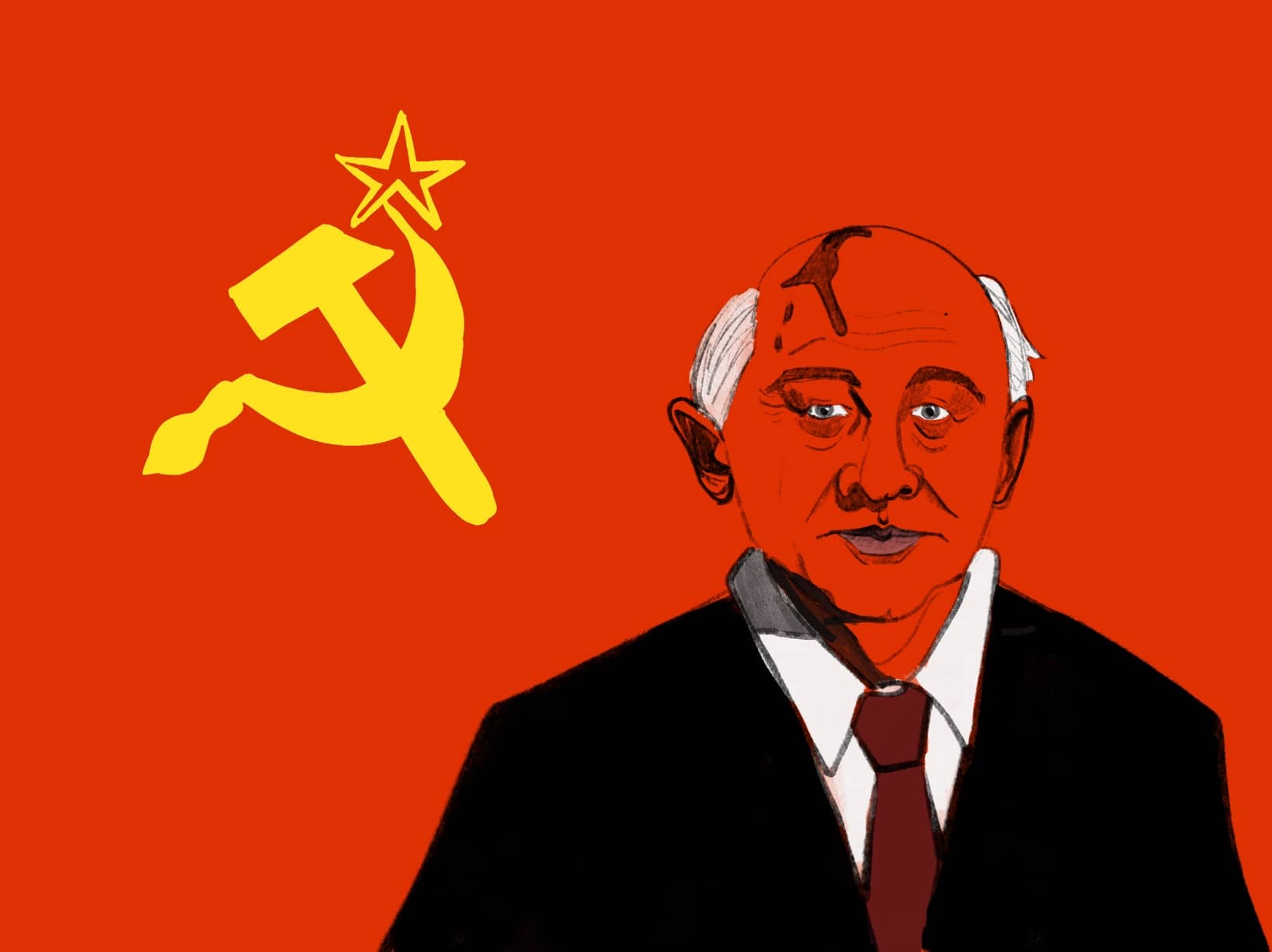
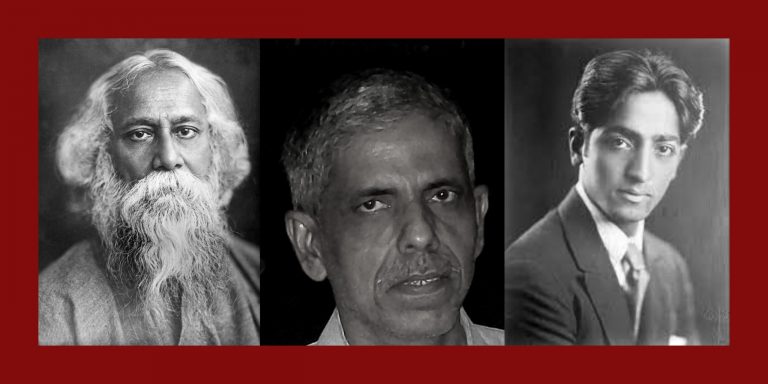
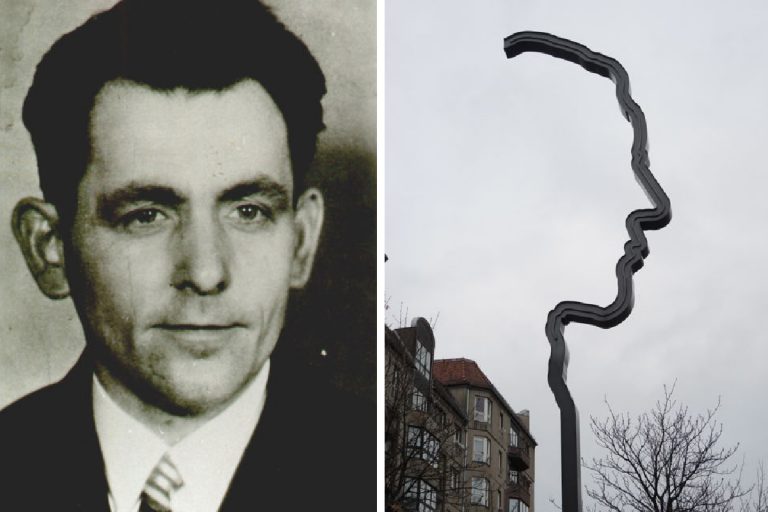
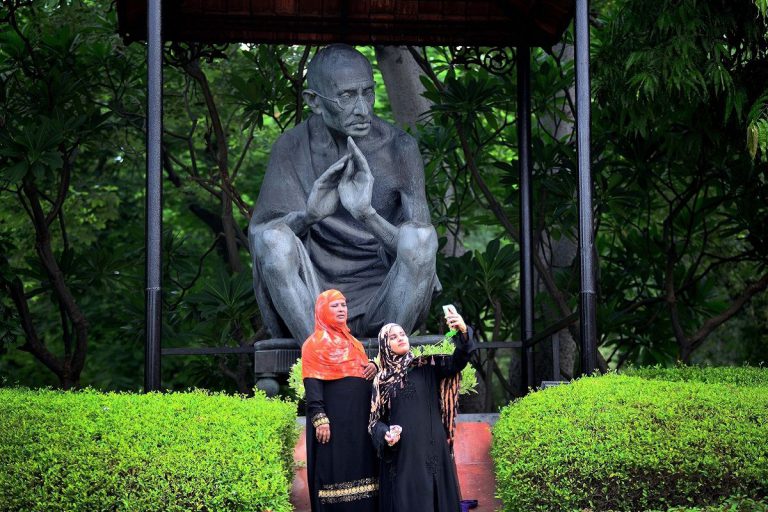
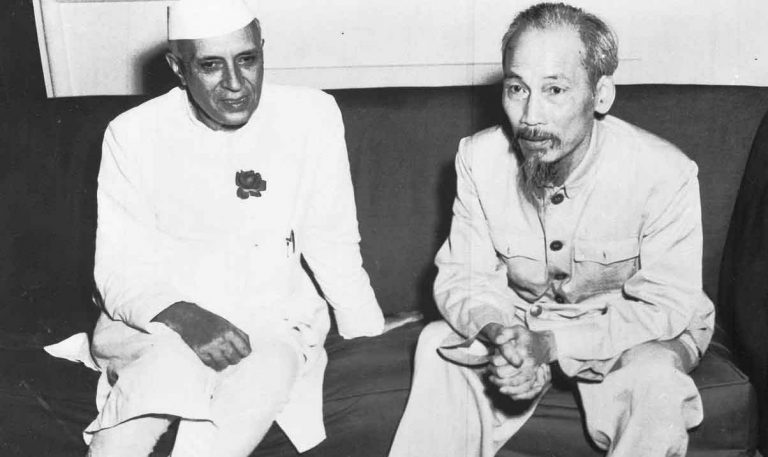
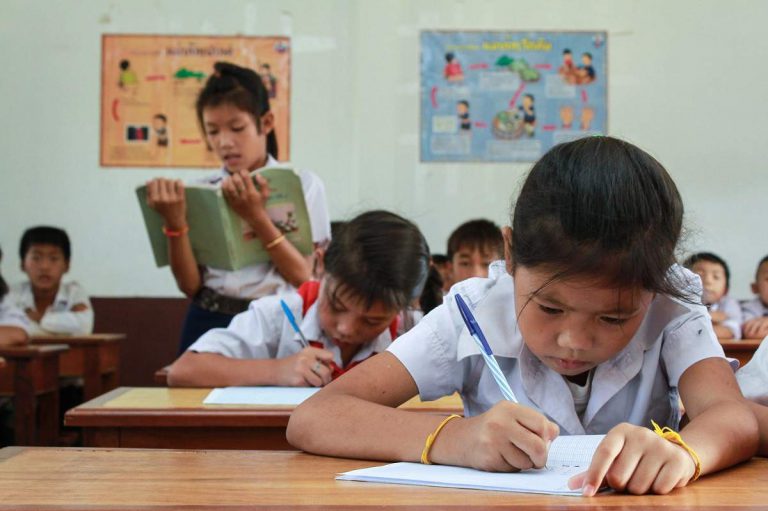
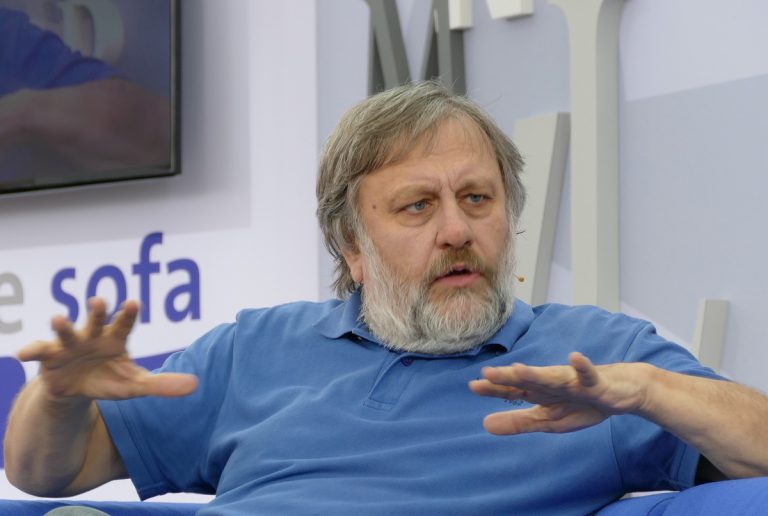
Gorbachev did it with a good intention to open up his country to the world from the iron fist of corrupted communist leaders. Communism envisaged by Marxs and Engels was not the one which was seen by Gorbechev in the USSR he served as state head. How ever he also failed to provide with a properly designed constitution, a set of rules to the country like the one we have, which resulted that country going astray and falling into hands of power hungry leaders….